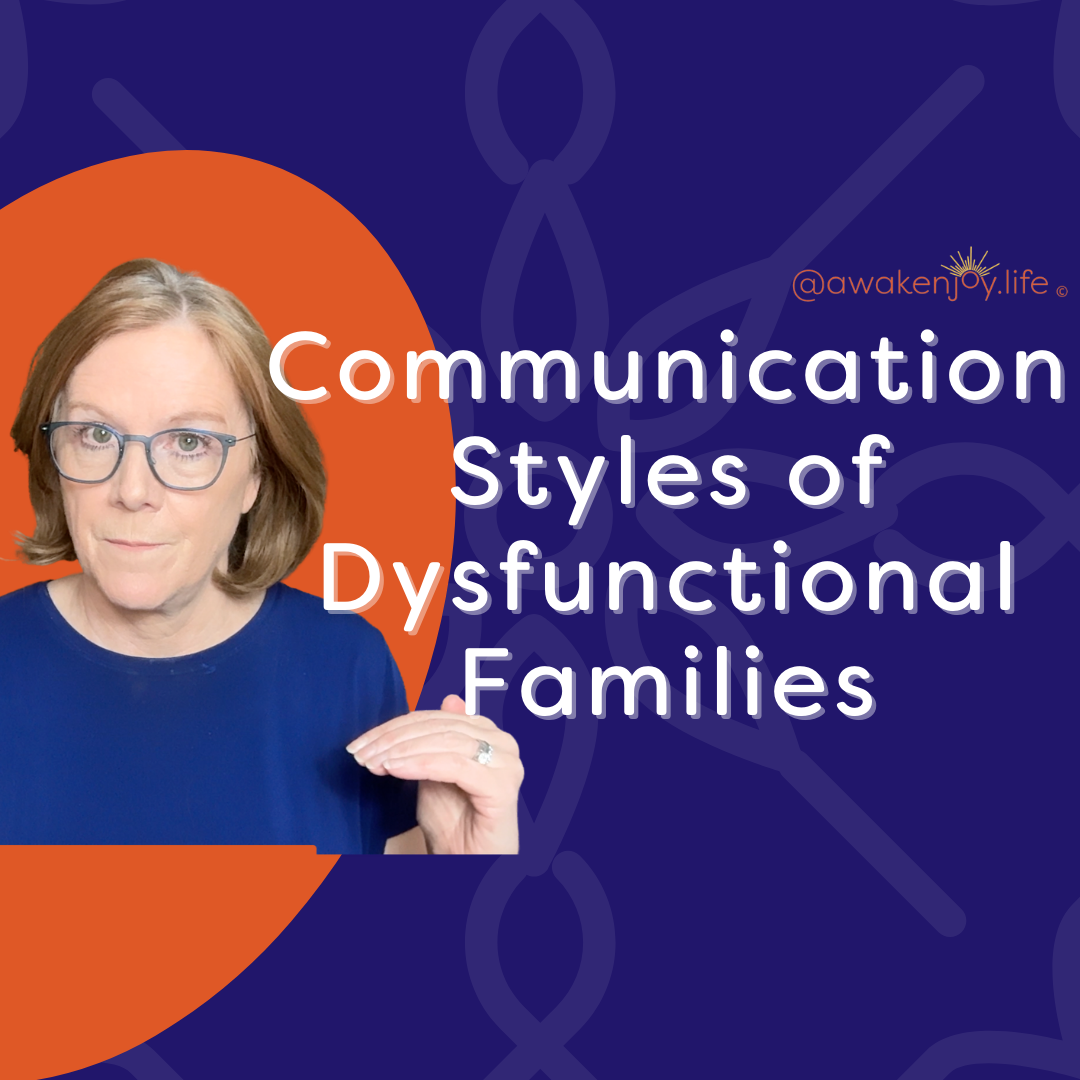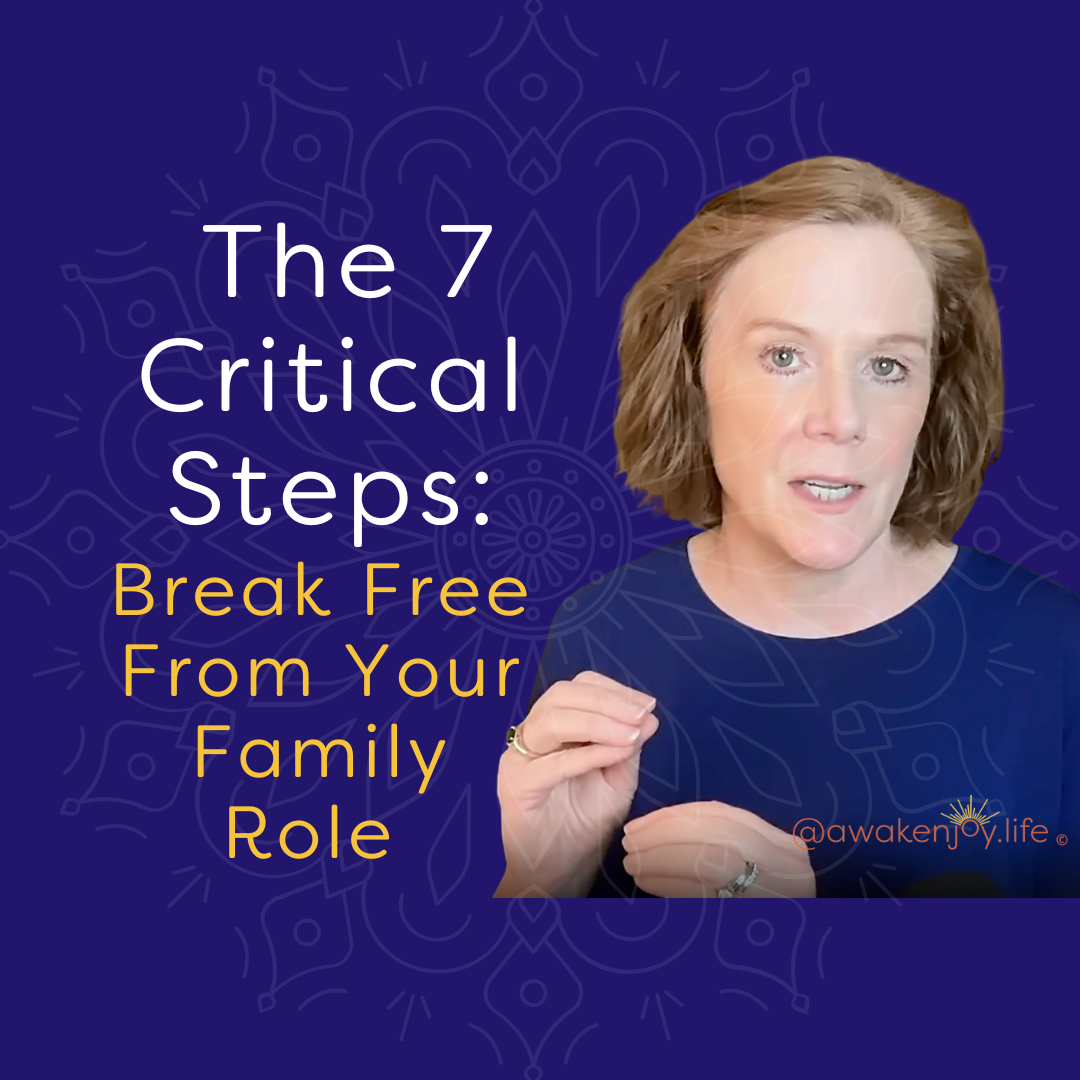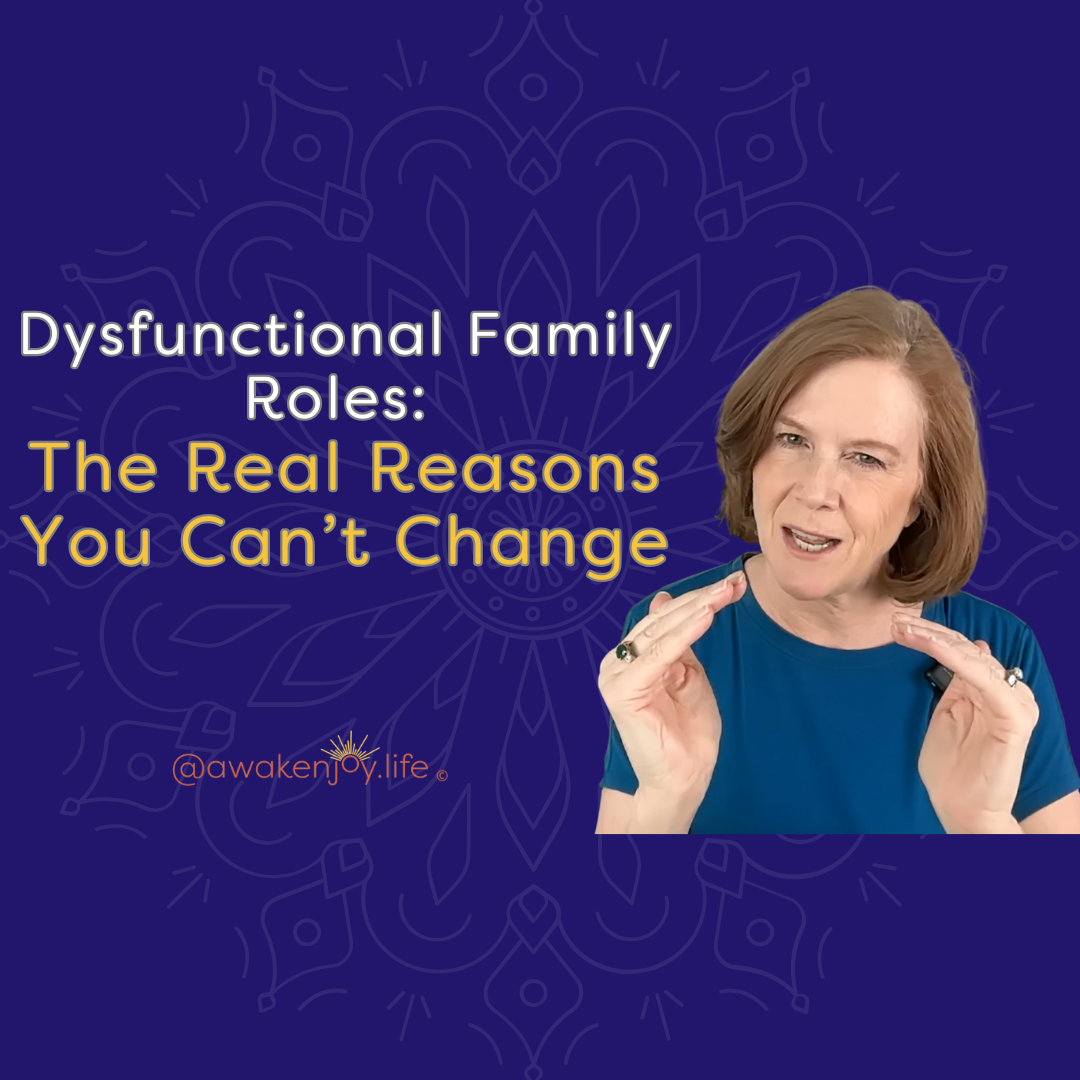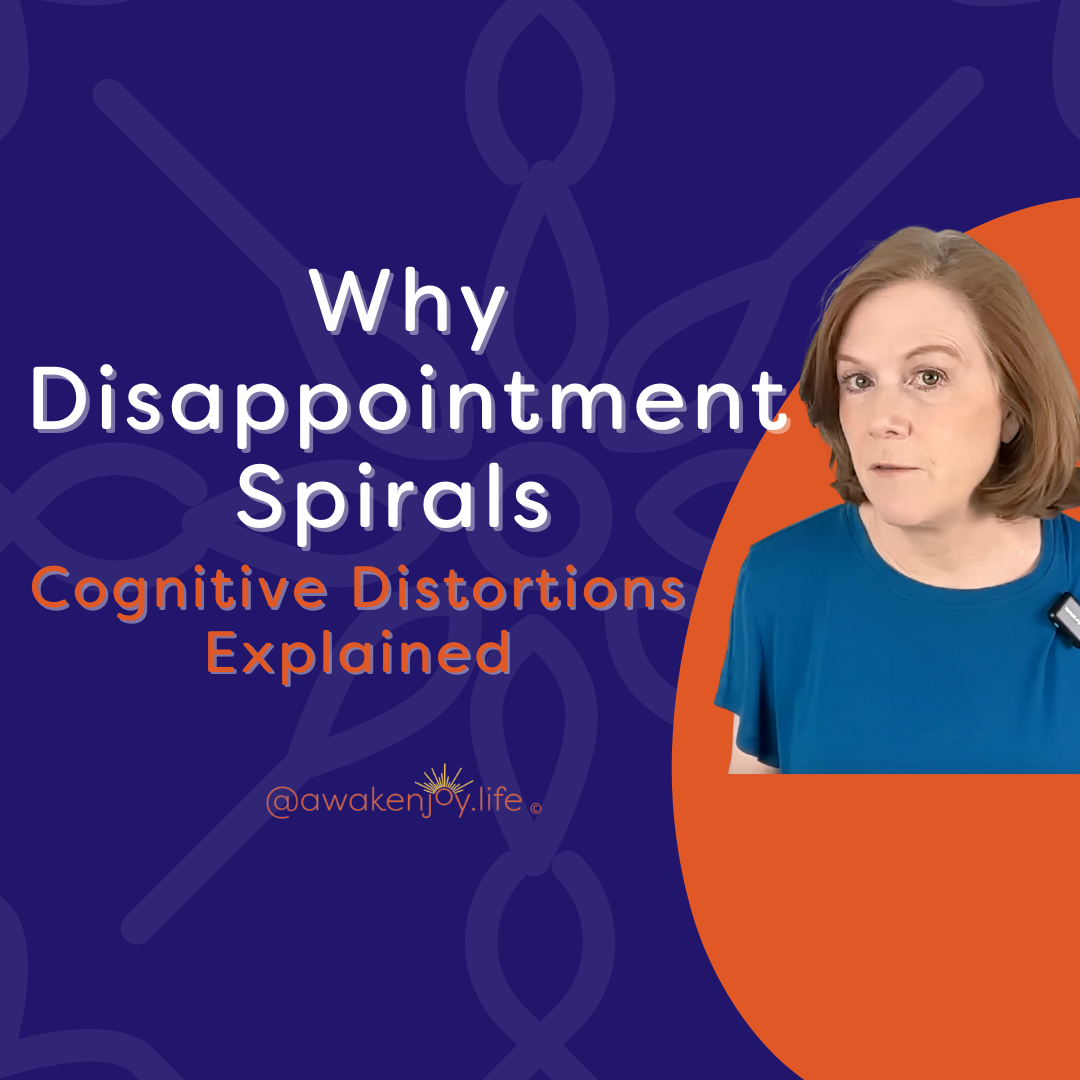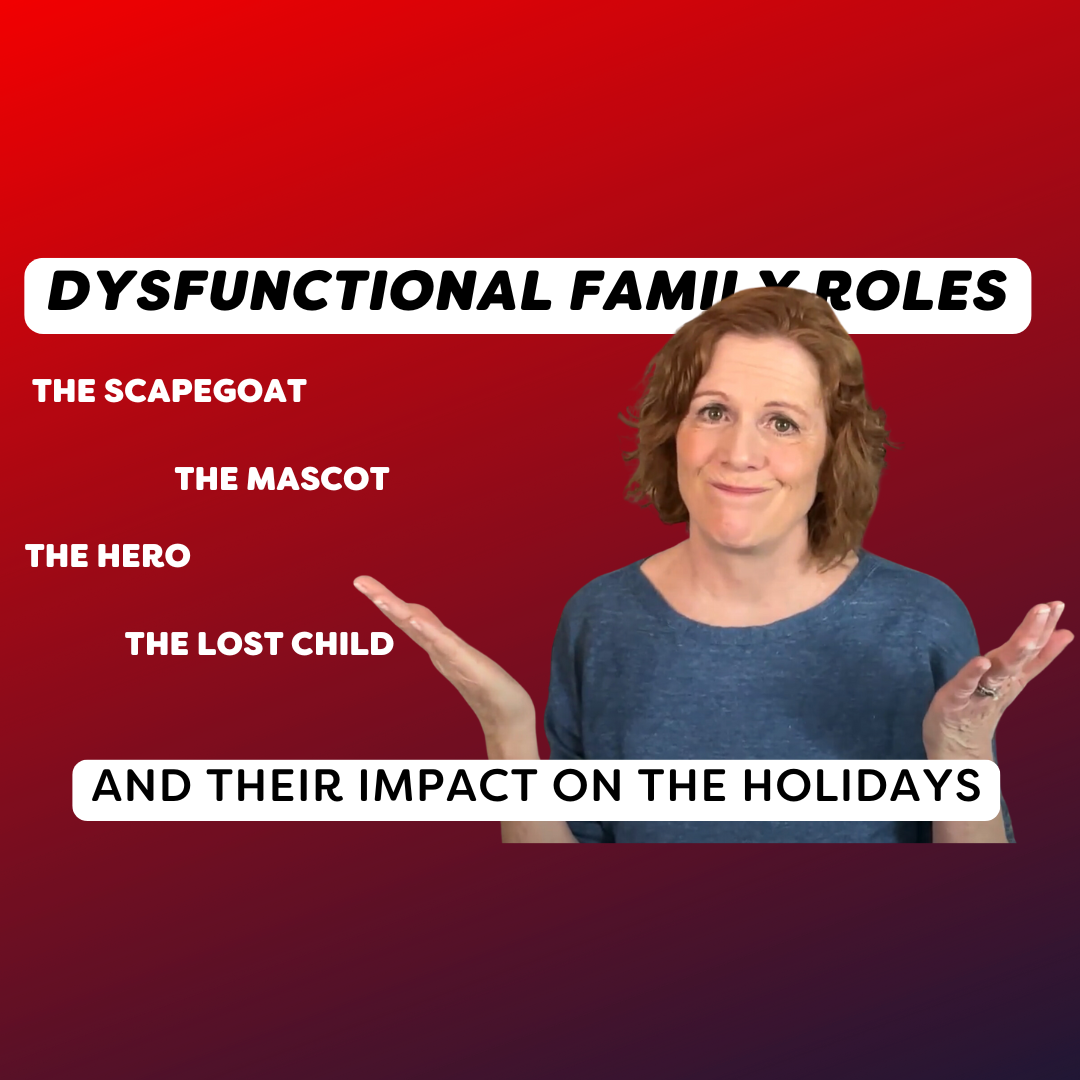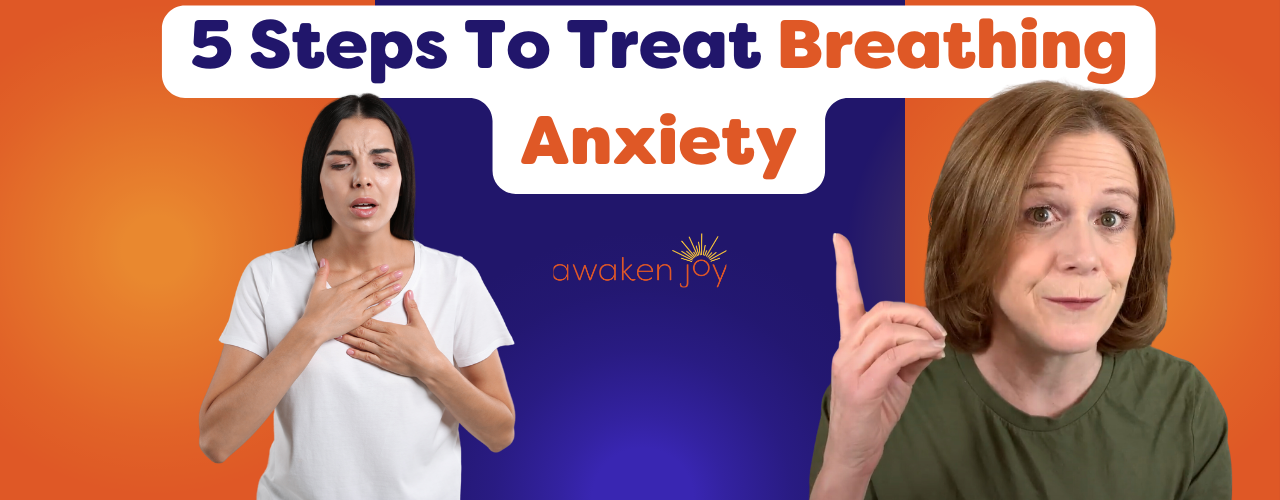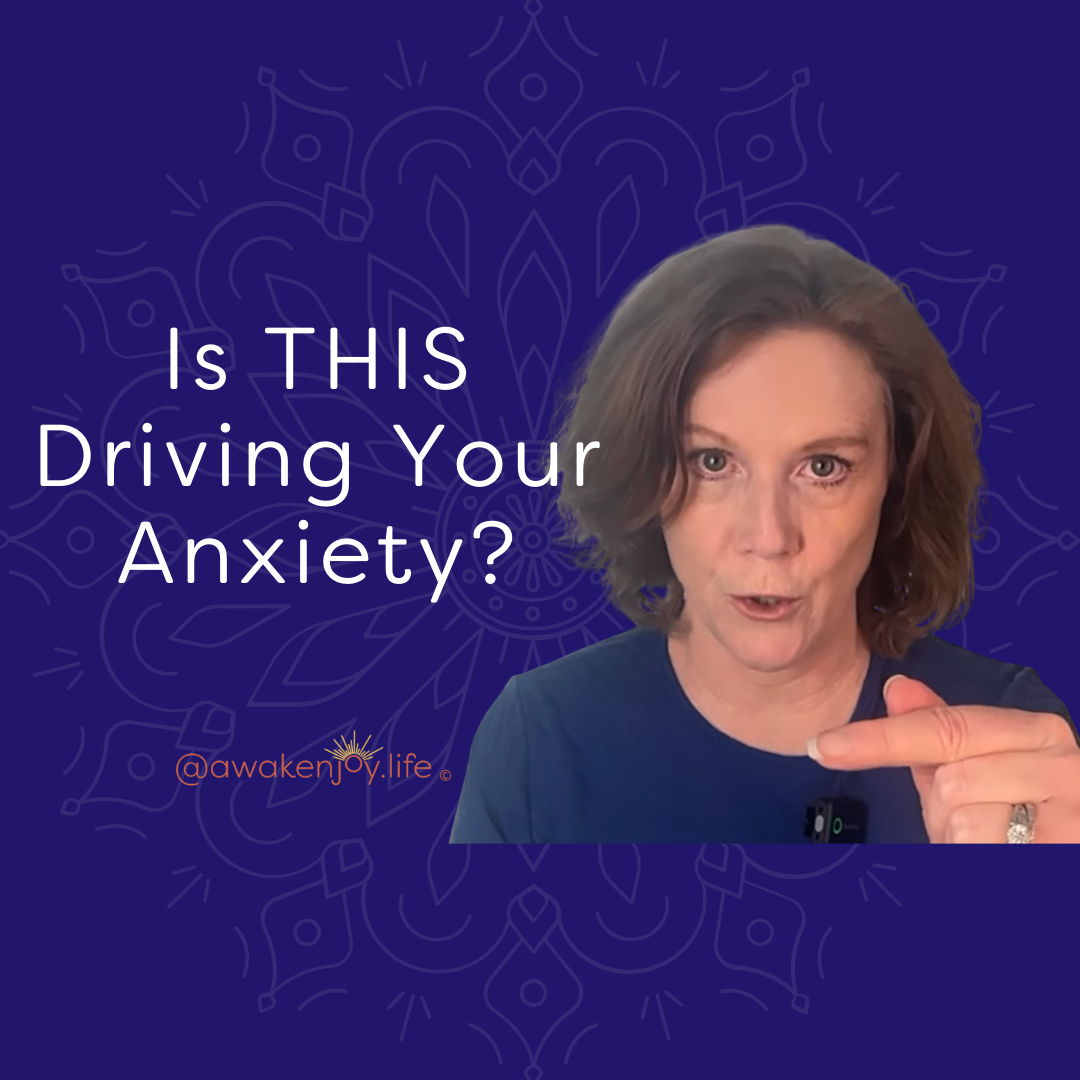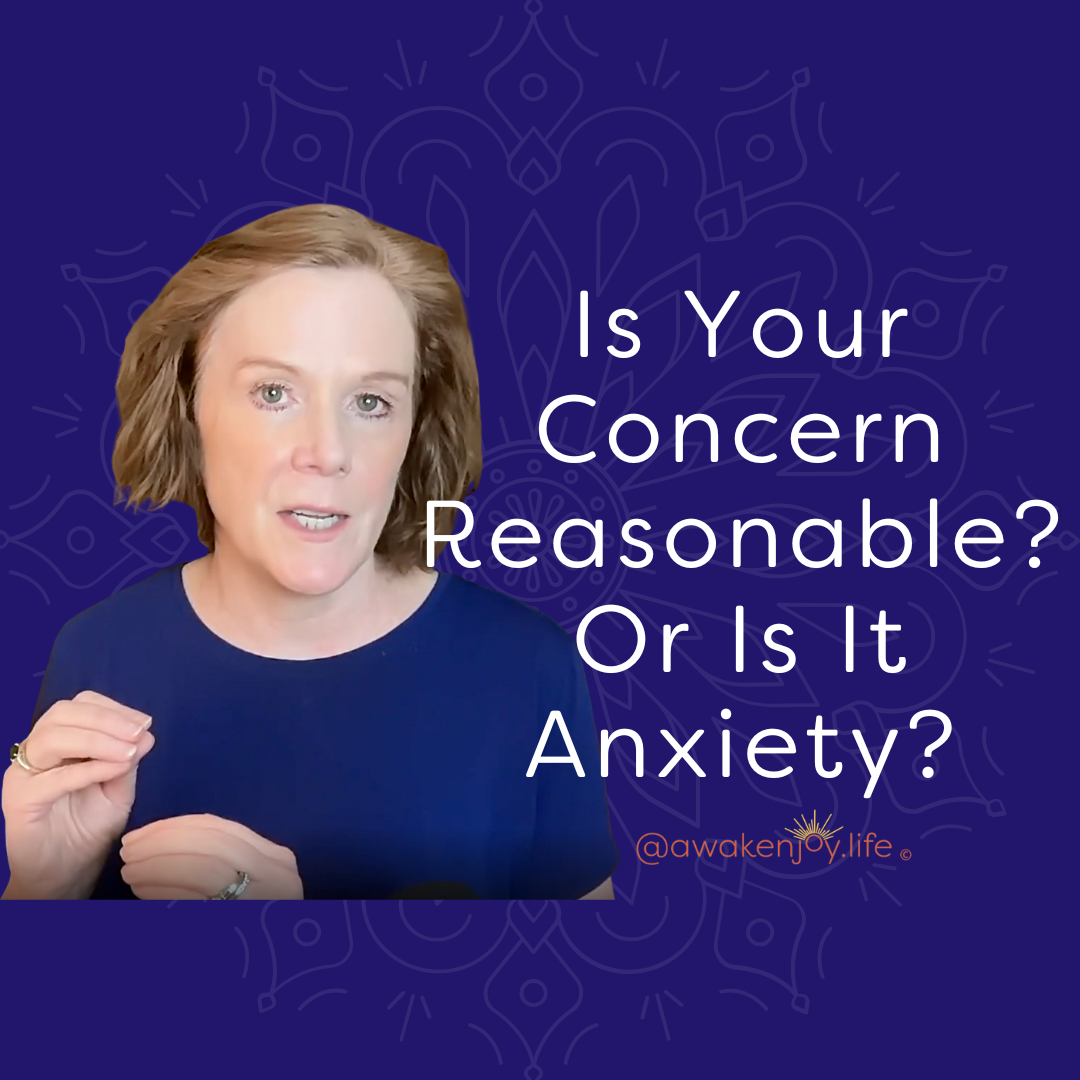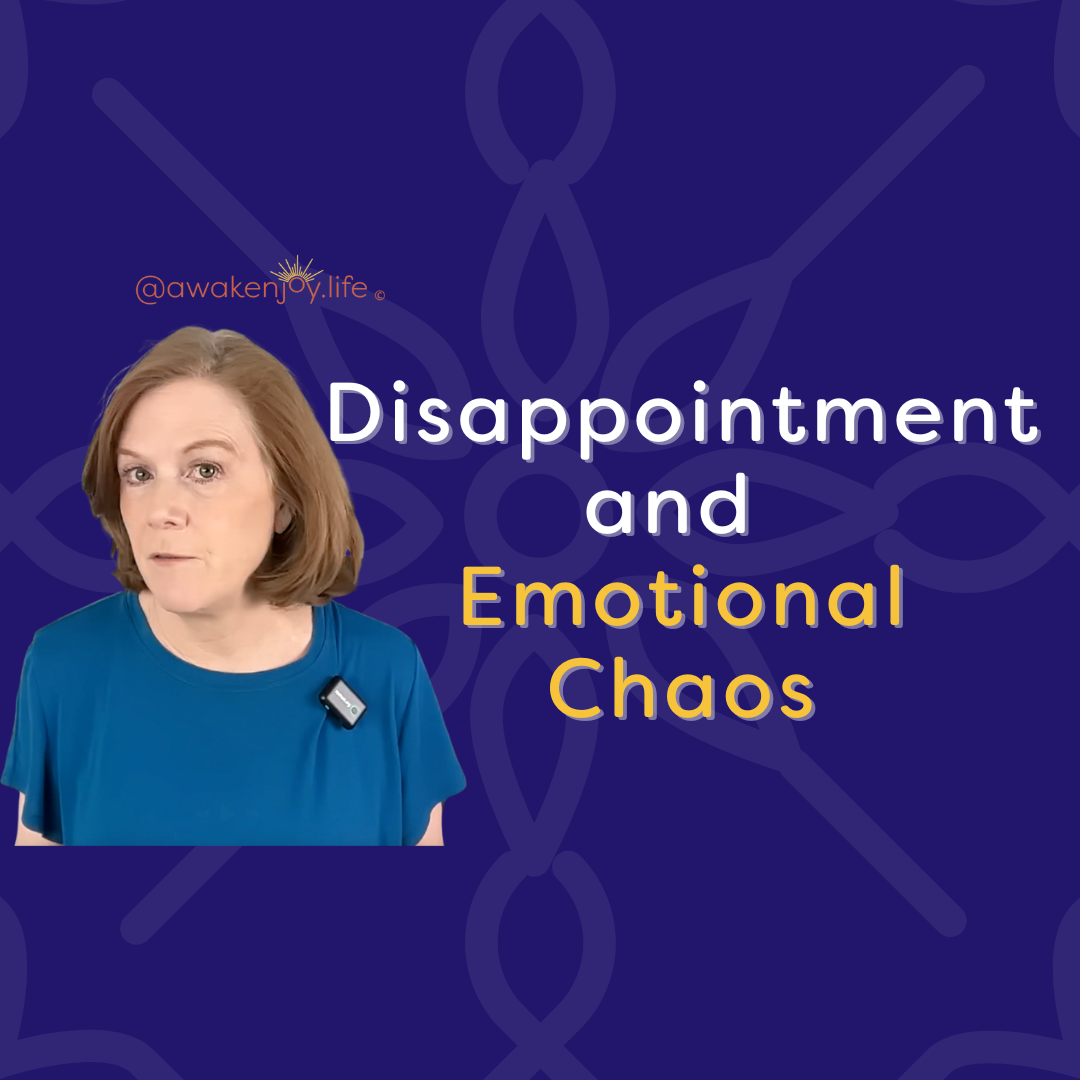Focus On Breathing Anxiety

5 Steps To Treat Breathing Anxiety
Does focusing on your breathing actually make you anxious?
When we experience anxiety, one of the best things we can do to feel less anxious is to breathe in a way that helps. But so many people that I've worked with,
so many, will say to me, “Oh, no, no, no. When I try to focus on my breathing, it makes me more anxious.”
If you are one of those people who have “focus on breathing” anxiety, keep reading. I believe this will help!
I believe there are three main problems for people who feel this way.
- You feel like you can’t do the breathing exercises correctly.
- You feel like you can’t take a full breath.
- You feel you’ll never get better because the breathing exercises “don’t work for you.”
First, is that they like they can’t do the exercises correctly. So often for people who feel this way, they feel that when they do begin to focus on their breathing, they feel like, I can't breathe correctly. I don't know how to do this. So all those negative thoughts come in. There could be a feeling of, oh no, I'll never get this and I'll always be anxious, which then can lead you to feel depressed if you feel like you can't solve a problem and it's always going to be there. That's depressing. And then the other thing that happens is people feel like when they try to focus on their breathing, they become aware that they can never quite get a deep enough breath. They can't really breathe in, or they feel like they have to almost gasp.
So I want to walk through a couple of things to think about, a couple of steps to take to help you with this...
5 Tips to Stop Feeling Anxious When You Focus on Breathing
#1. Keep in mind that your body knows how to breathe. In fact, your body will breathe without you doing anything. It might breathe in a way that makes you feel anxious, but that's probably been happening a long time. Keeping in mind that your body knows how to breathe will help to lessen the urgency with which you are focused on the breathing.
#2. Do some grounding exercises instead of the breathing exercises. Grounding exercises are going to bring you back into the moment, back into your body, but without a focus on the breath. [I do have a video on grounding exercises which you can do
here]
#3. Once you have lowered your physiological response with the grounding exercises, try the breathing exercises again. But this time realize that you
do not have to do these correctly. Truly, you don't have to do them correctly. It is also much easier to learn different breathing techniques when you're not extremely anxious. Practice some of the breathing techniques when you're in a reasonably calm state. If you never actually hit a calm state, your average state can do, even if it is a slightly anxious state.
I had a client who had panic attacks who felt like he never, ever, ever got the breathing exercises right. When he came to see me, he said that he had tried breathing exercises and they “didn’t work.” I suggested he practice them during calm periods, not when a panic attack might come on. He did practice them regularly, but felt he never “did them right.” I’d review them with him and coach him, but he had a hard time remembering whether his stomach should go out with the inbreath or out with the outbreath or…. I suggested he focus on them without worrying about whether it was correct. He began to try to do them also when a panic attack would come on, and still feeling that he didn’t “do them right,” the panic attacks would dissipate. Week after week, he would tell me that he was waiting in line (a trigger for his panic), and he would try to do the breathing and that he couldn’t… and then I would ask, “What happened next?” And he’d reply “I don’t know… I got through the line. The panic attack didn’t hit.”
At first he didn’t attribute this to the “trying” of the techniques, but eventually he did. Simply shifting his focus away from the expectation of the attack helped it not happen.
If you can eliminate the thoughts that tell you that you can’t breathe or tell you that you aren’t doing it right, simply shifting the focus to your breathing will help you lower your anxiety.
#4. If you have the feeling that you can't take a full breath, you can say to yourself “I don’t like this feeling, but it is ok. I’ve had it many times before and I was ok.”
I know this feeling is super uncomfortable, but if you can have the feeling without tying it to an anxious thought, you will be less anxious.
The more you can reframe the breathing difficulties that you're having into uncomfortable, but not a major problem, the less anxious you will feel.
If you can treat that feeling as annoying and uncomfortable, but not urgent, it might actually change your life!
And other thoughts might go with this feeling such as,
“Am I going to die?”
“What's wrong with me?”
“This is never going to change.”
Instead, see if you can accept that you're having an uncomfortable feeling. Just accept it. I know it's hard. I know you want it to change, but accepting it will help you eventually do those things.
#5. Be aware of this cycle of your thoughts and feelings about your breathing. They escalate each other if not interrupted. The more keenly aware you can be of this cycle, the more you will eventually be able to break it.
Here is an example of the cycle: You feel anxious. You've heard breathing techniques help. You either try the breathing technique and feel more anxious, or you're not going to try the breathing technique because it made you feel more anxious last time.
So then think that you can't access a technique when everybody says that helps. And then you think that this is never going to change. These thoughts make you more and more anxious and your breathing gets shallower and shallower. At some point, you probably get to the point where you that you can't breathe deeply enough.
Now, a side note for people who might have a childhood history of asthma or some other medical condition where the difficulty breathing is tied to a medical condition. I'm assuming if you're reading this blog, that you have gotten adequate medical advice and it's not a medical issue now.
With a childhood history or even a medical trauma as an adult, trauma therapy may help to desensitize the memories and the events that cause your anxiety. Separating the current day from the past is hard for our “emotional brain,” and EMDR [link to article or video] can significantly improve our ability to do that. We can also do this with a lot of conscious effort, as in, “I had a dangerous condition in the past, but I do not have it now.” Or: “My chronic condition is manageable. The difficulty I am having now breathing is due to my worries, and I can manage it by not worrying about it!”
I truly know that this is not easy! But the benefits could be enormous!
Reframe the stress. Reframe the breathing difficulty. And, over time, practice the
diaphragmatic breathing regularly in a way that is calm, no pressure, and no perfection needed.
Let me know if utilizing these 5 steps helps with your anxiety about breathing!
Blog Author: Barbara Heffernan, LCSW, MBA. Barbara is a licensed psychotherapist and specialist in anxiety, trauma, and healthy boundaries. She had a private practice in Connecticut for twenty years before starting her popular YouTube channel designed to help people around the world live a more joyful life. Barbara has a BA from Yale University, an MBA from Columbia University and an MSW from SCSU. More info on Barbara can be found on her bio page.
Share this with someone who can benefit from this blog!

